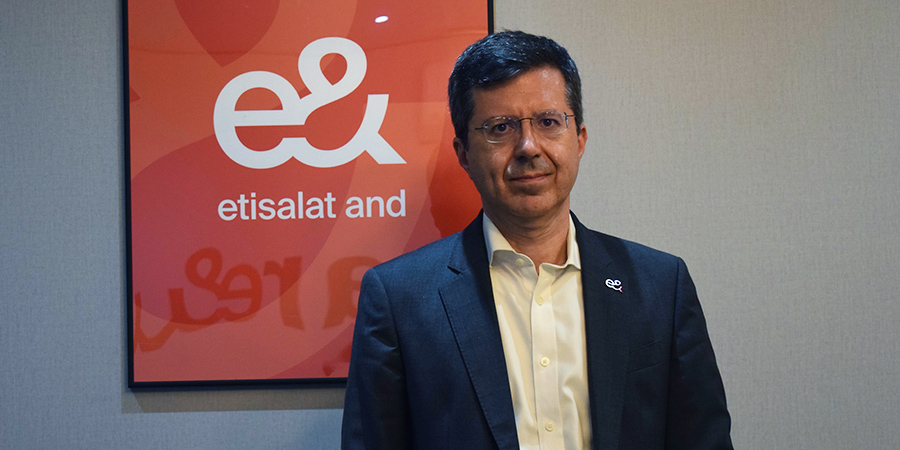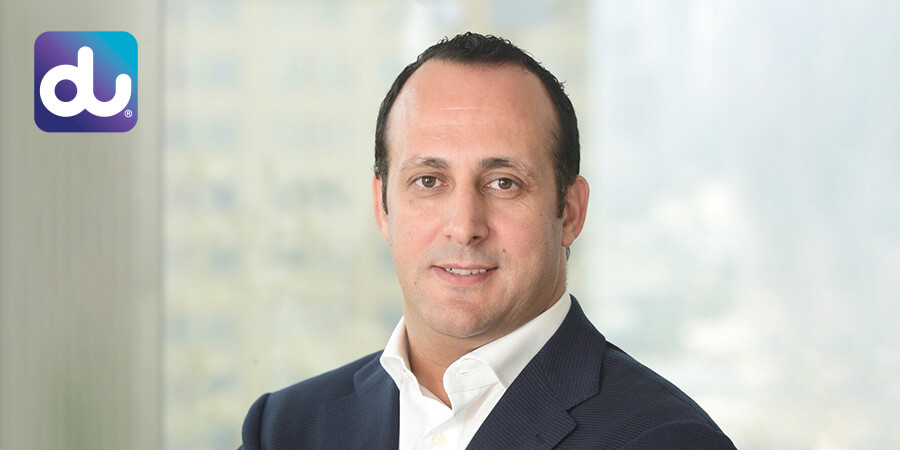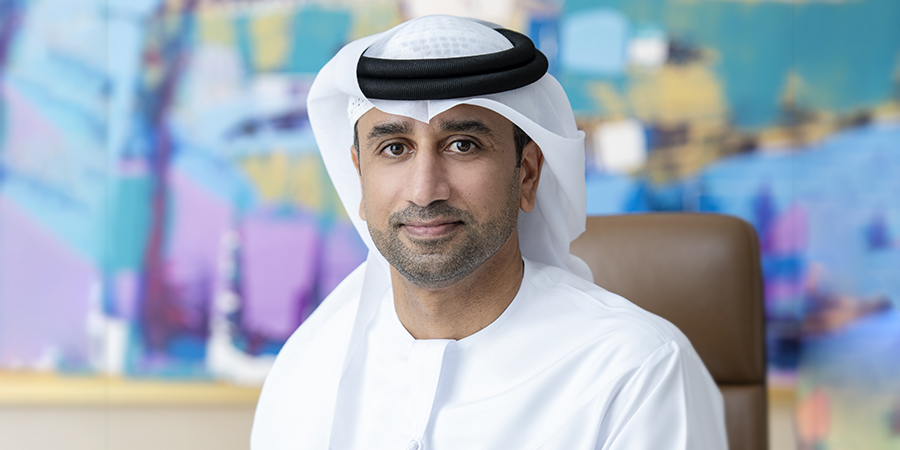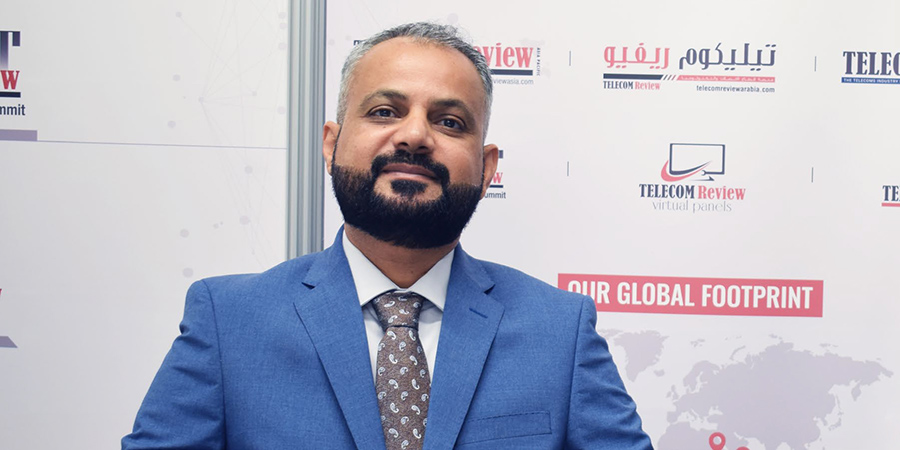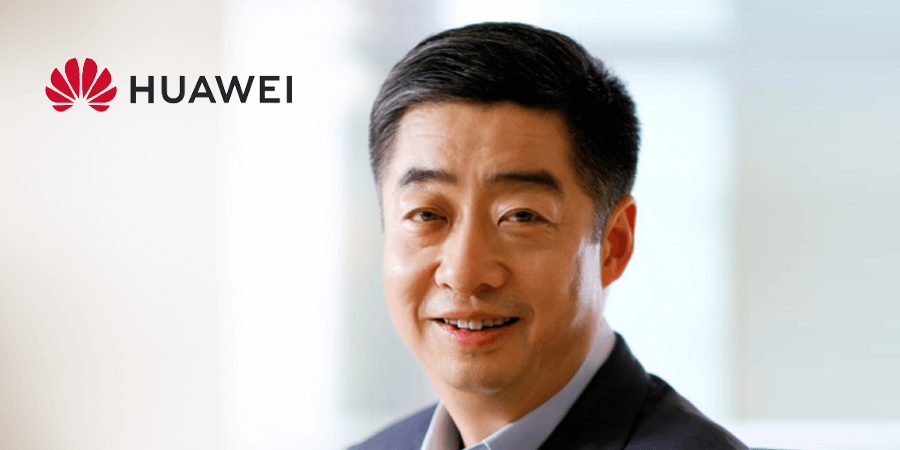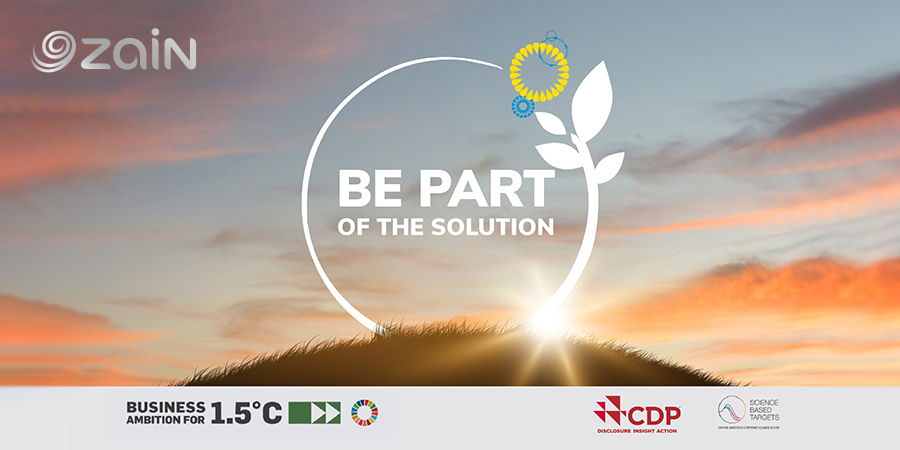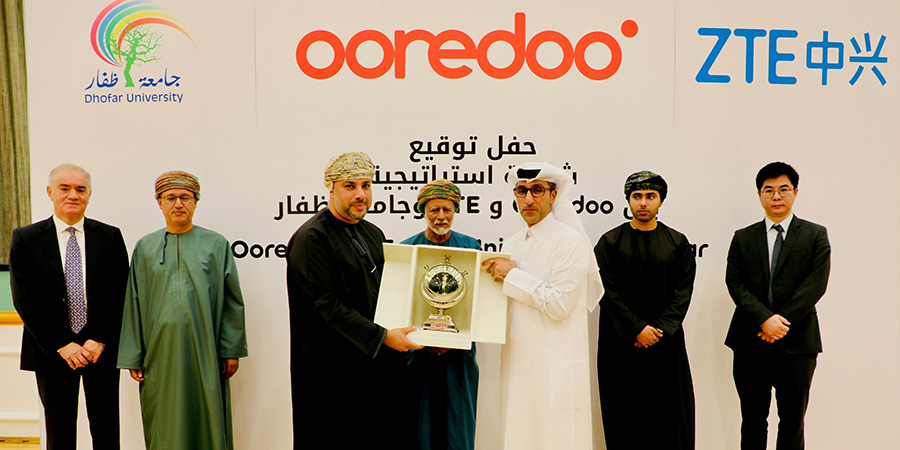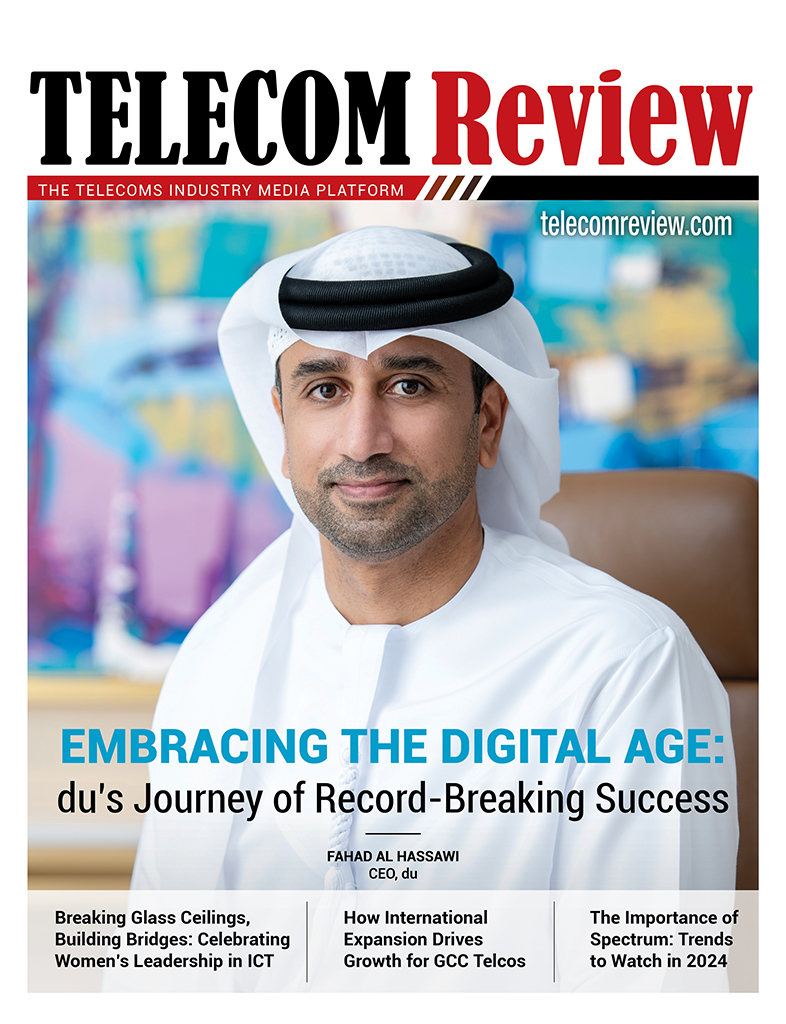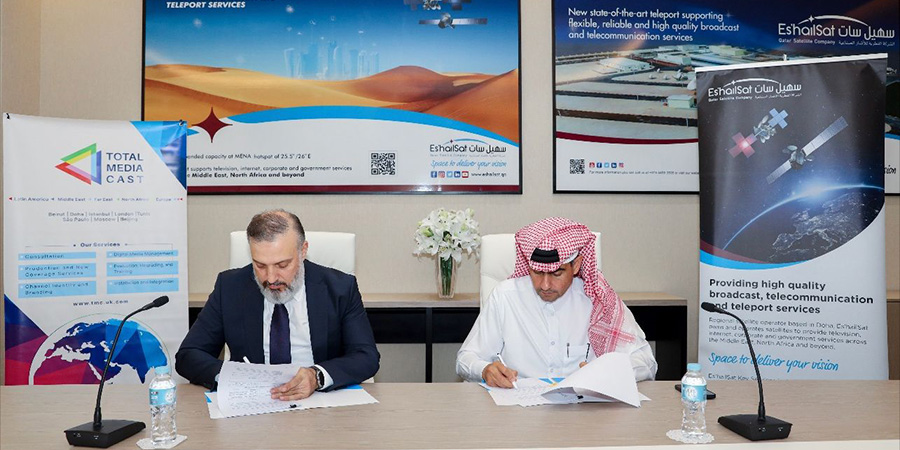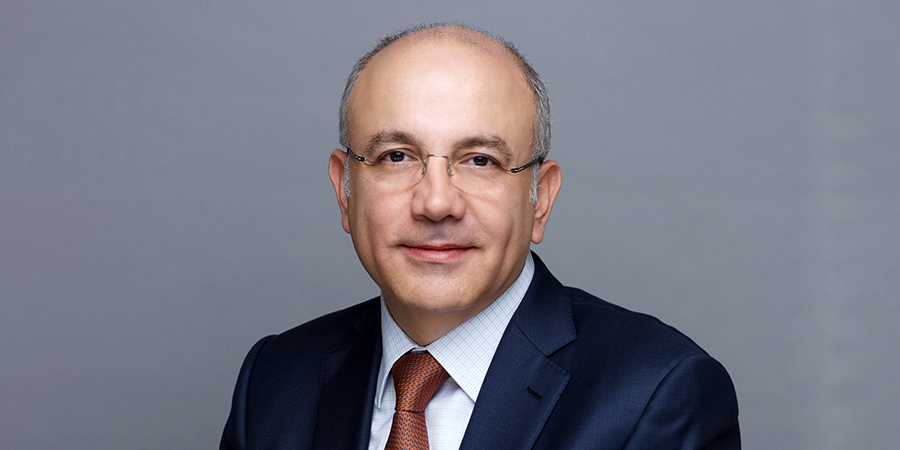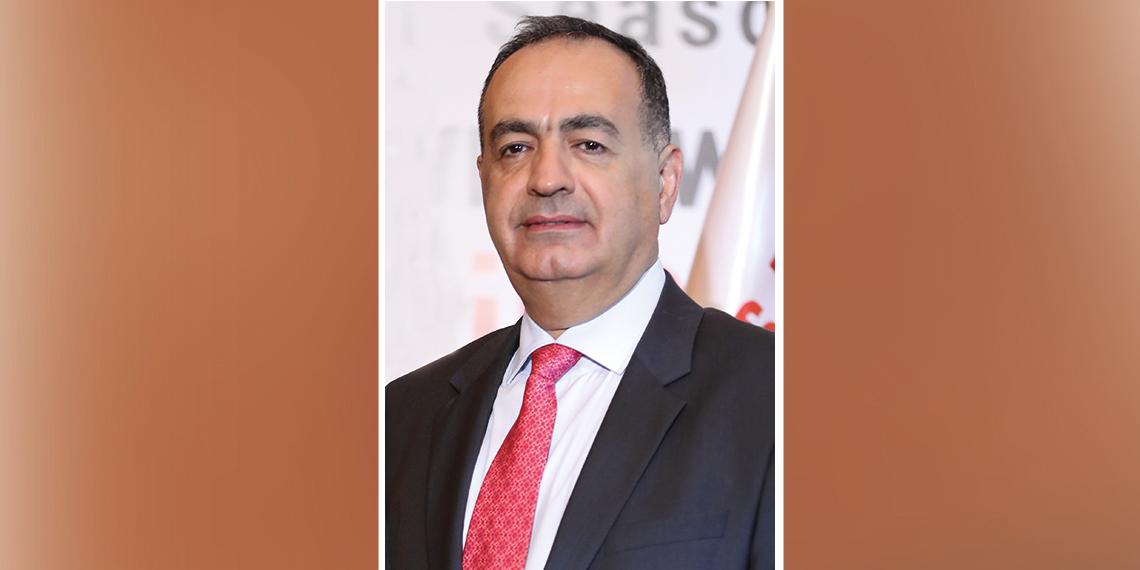The debate over the ban of VoIP in the UAE and other GCC countries is still going with no clear situation about the next regulations.
It may impact businesses in the private sector, per many sources and businessmen, and may reflect negatively on the business-friendly environment image known for many GCC countries.
VoIP (Voice over Internet Protocol) services such as Skype, WhatsApp, Viber and FaceTime that allow free calling via IP connection are banned in the UAE.
Recent talks were held between Microsoft, Apple and the UAE government (starting 2018 the UAE fully banned Skype calls) to lift its ban on Skype and FaceTime services, which have been illegal in the UAE for years.
Several other Middle Eastern countries including Qatar and Oman have Skype and FaceTime calls bans in place, while Saudi Arabia lifted its ban on VoIP calling services last September.
In the UAE's case, the ban is in place because of the country's telecoms laws, which essentially allow a monopoly of the sector by its largest telecommunications companies, Etisalat and Emirates Integrated Telecommunications Company (also known as du), both owned by UAE governments and entities.
The UAE consumer’s bills of telecoms are among the highest in the region and VoIP bans make it with.
Many users and large businesses use VPNs to access the services. Analysts say lifting the ban will significantly help small and medium-sized enterprises, and bring back the positive looks to the friendly business environment...
Only time can tell.



